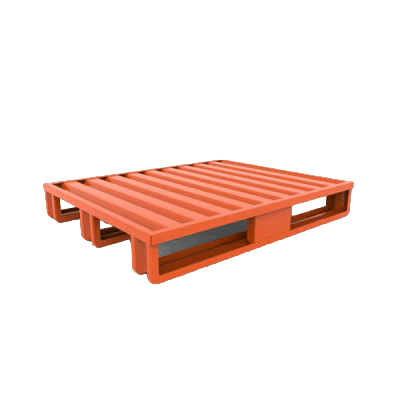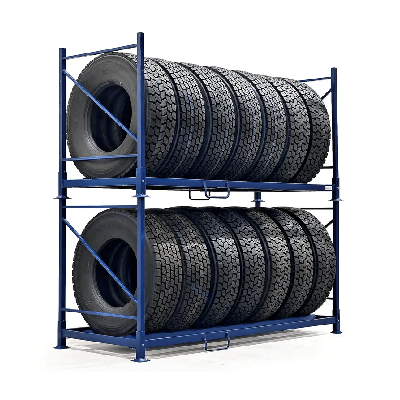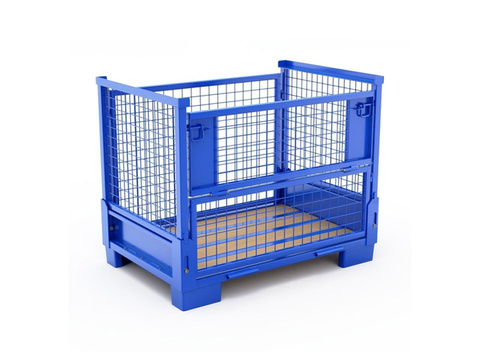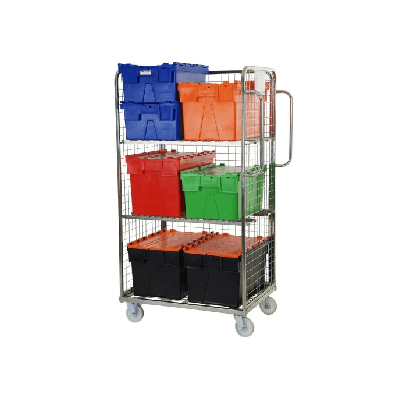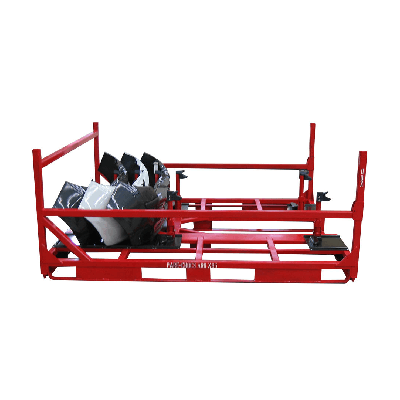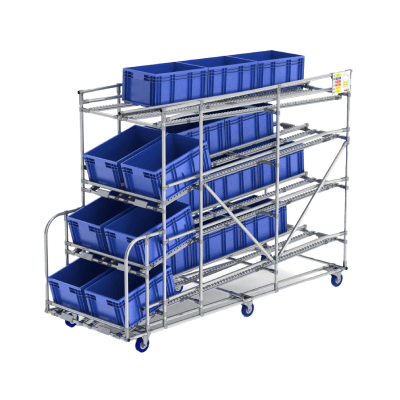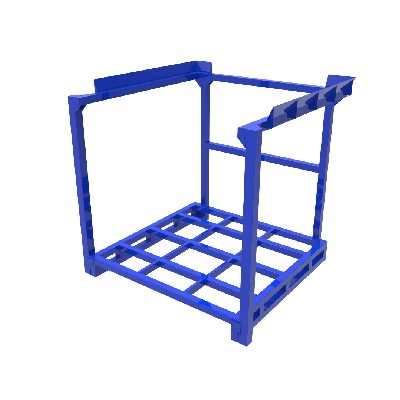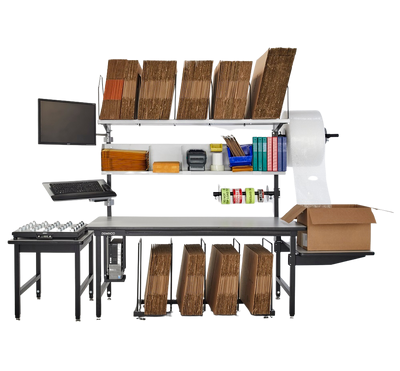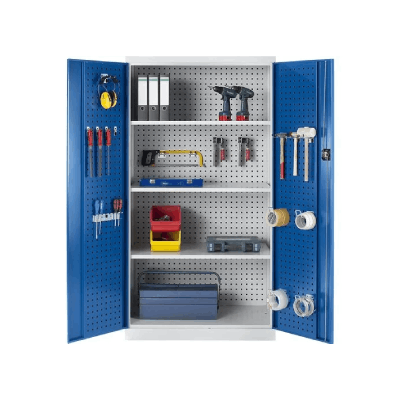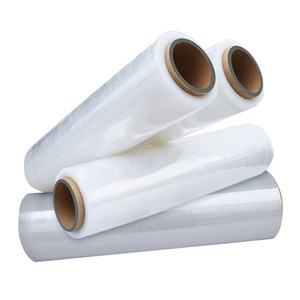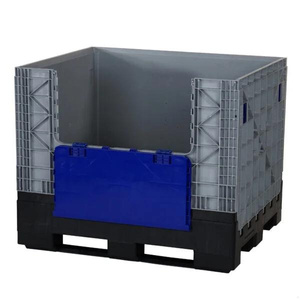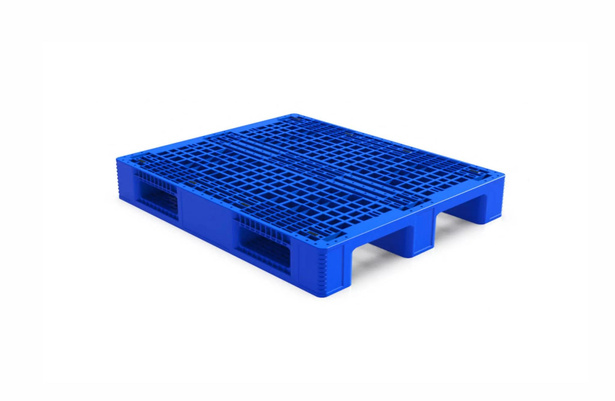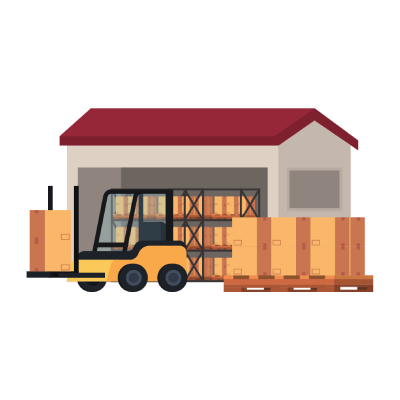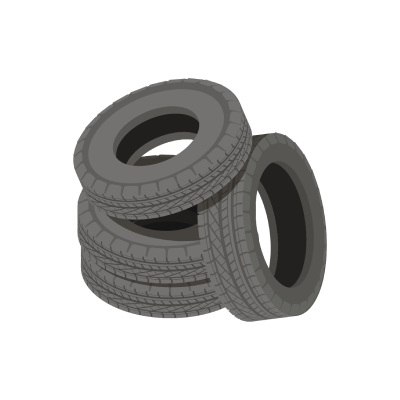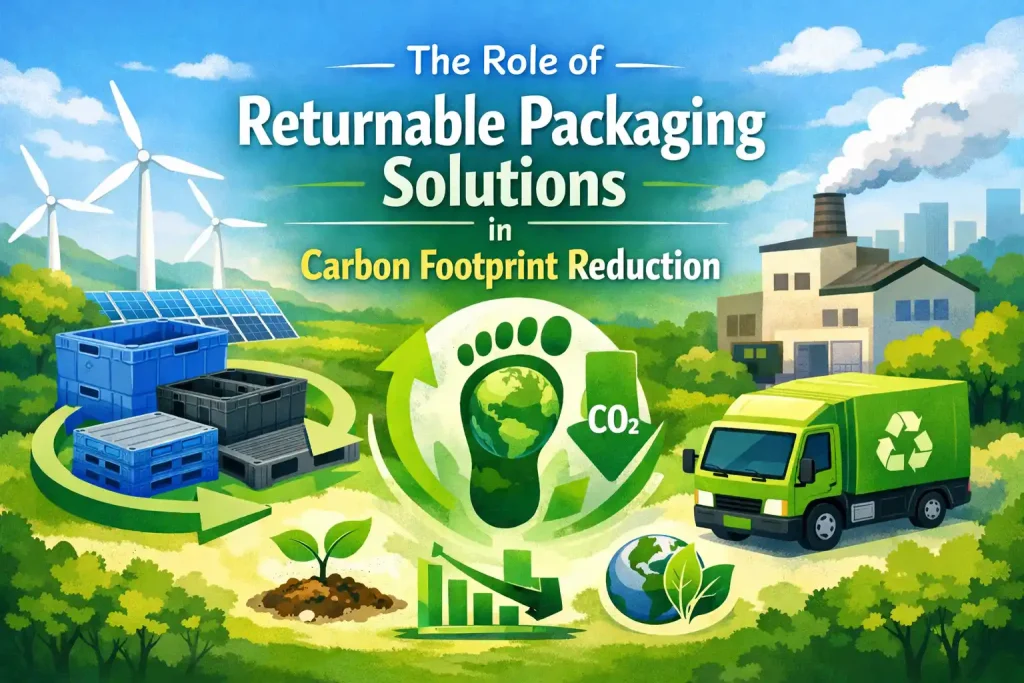As urbanization accelerates and population density increases in India, managing waste effectively has become a critical concern for municipal authorities, businesses, and residential communities. The traditional waste disposal methods are no longer sufficient to handle the mounting volume of waste. In response to this growing challenge, Bin Container Manufacturer in India have been spearheading a shift toward smart waste management solutions.
By integrating technology with durable infrastructure, these manufacturers are creating innovative systems that promote cleanliness, sustainability, and operational efficiency. This blog explores the evolution, advantages, and future potential of smart waste solutions offered by bin container manufacturers in India.
Table of Contents
ToggleThe Rise of Smart Waste Management in India
India generates over 62 million tonnes of waste annually, and this figure is expected to double by 2030. The conventional waste collection and segregation methods are inefficient, often leading to overflowing bins, unhygienic surroundings, and increased carbon emissions due to poorly planned logistics.
Smart trash management systems, on the other hand, employ Internet of Things (IoT) technology, RFID tagging, and GPS monitoring to improve garbage collection efficiency. These solutions help authorities monitor bin fill levels in real-time, plan collection routes intelligently, and ensure timely disposal.
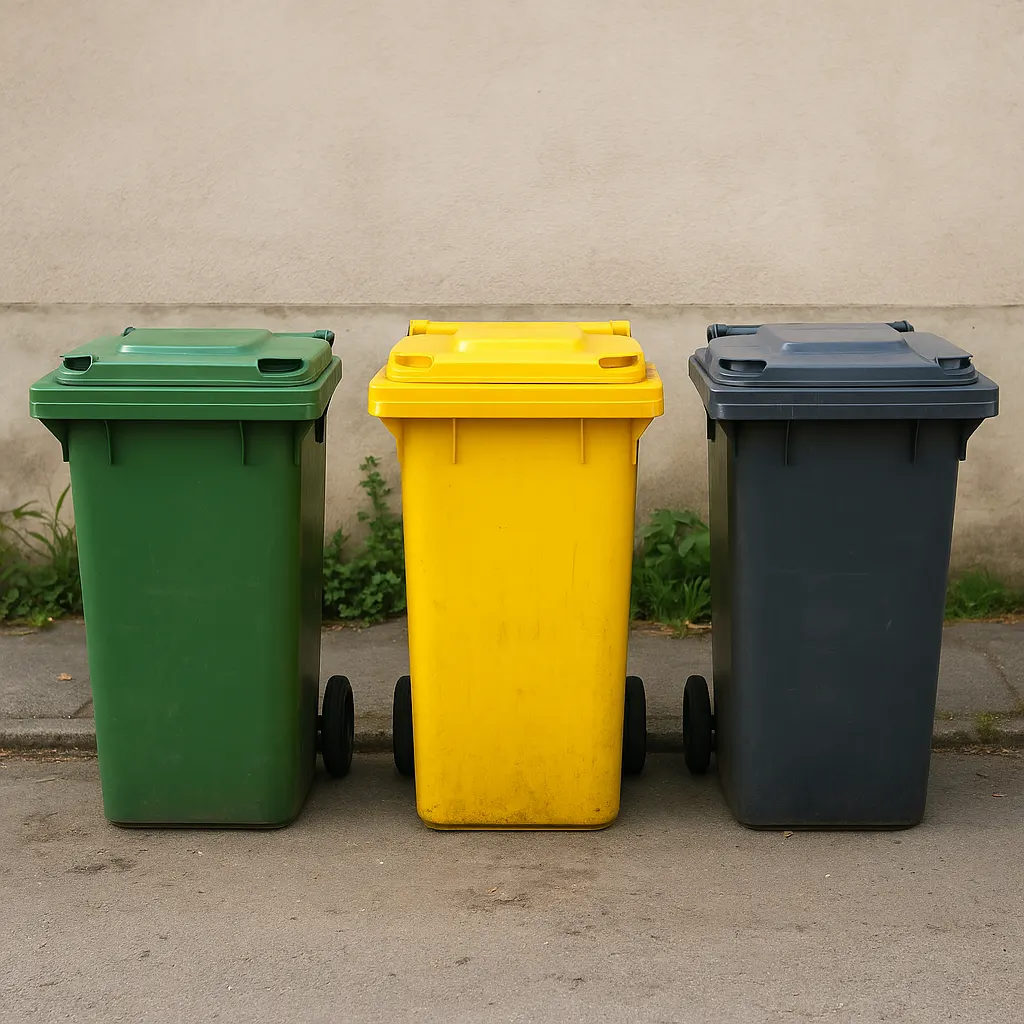
Role of Bin Container Manufacturers in the Transition
Bin container manufacturers in India are no longer just fabricators of physical bins. They have evolved into solution providers, offering customized waste containers embedded with smart technologies. These bins can transmit data to a central system, alerting waste collection teams when they are full or in need of maintenance.
Manufacturers are collaborating with urban planners, municipalities, and smart city projects to install bins that are part of an integrated digital ecosystem. Some key features of these smart containers include:
- Ultrasonic sensors to detect fill levels
- Solar-powered compaction to increase bin capacity
- Antimicrobial coatings to enhance hygiene
- Fire and tamper-proof materials
- Modular designs for scalability and ease of use
Smart Bin Features Revolutionizing Waste Management
Here are some of the innovative features being incorporated into smart bins by leading bin container manufacturers:
1. Sensor-Enabled Monitoring
Smart bins are equipped with ultrasonic or infrared sensors that continuously monitor the level of waste. This data is transmitted to a cloud-based platform or mobile app, enabling collection teams to plan their schedules based on actual needs rather than fixed routines.
2. Automated Compaction
Certain high-traffic areas, such as public parks and transit stations, require bins that can store more waste without requiring frequent emptying. Smart bins with automatic compactors compress garbage, increasing capacity up to fivefold.
3. GPS and Route Optimization
By combining GPS tracking with fill-level data, waste collection routes can be optimized to reduce fuel consumption and labor hours. This not only saves money but also reduces the carbon impact of trash management services.
4. Mobile App Integration
Both users and municipal workers benefit from mobile integration. Users can report issues such as damaged bins or missed pickups, while workers receive real-time alerts, schedules, and analytics to ensure service efficiency.
5. Sustainable Materials
Smart bin manufacturers are now focusing on eco-friendly and recyclable materials for their products. HDPE (High-Density Polyethylene), stainless steel, and UV-stabilized plastic are commonly used to ensure durability and environmental sustainability.
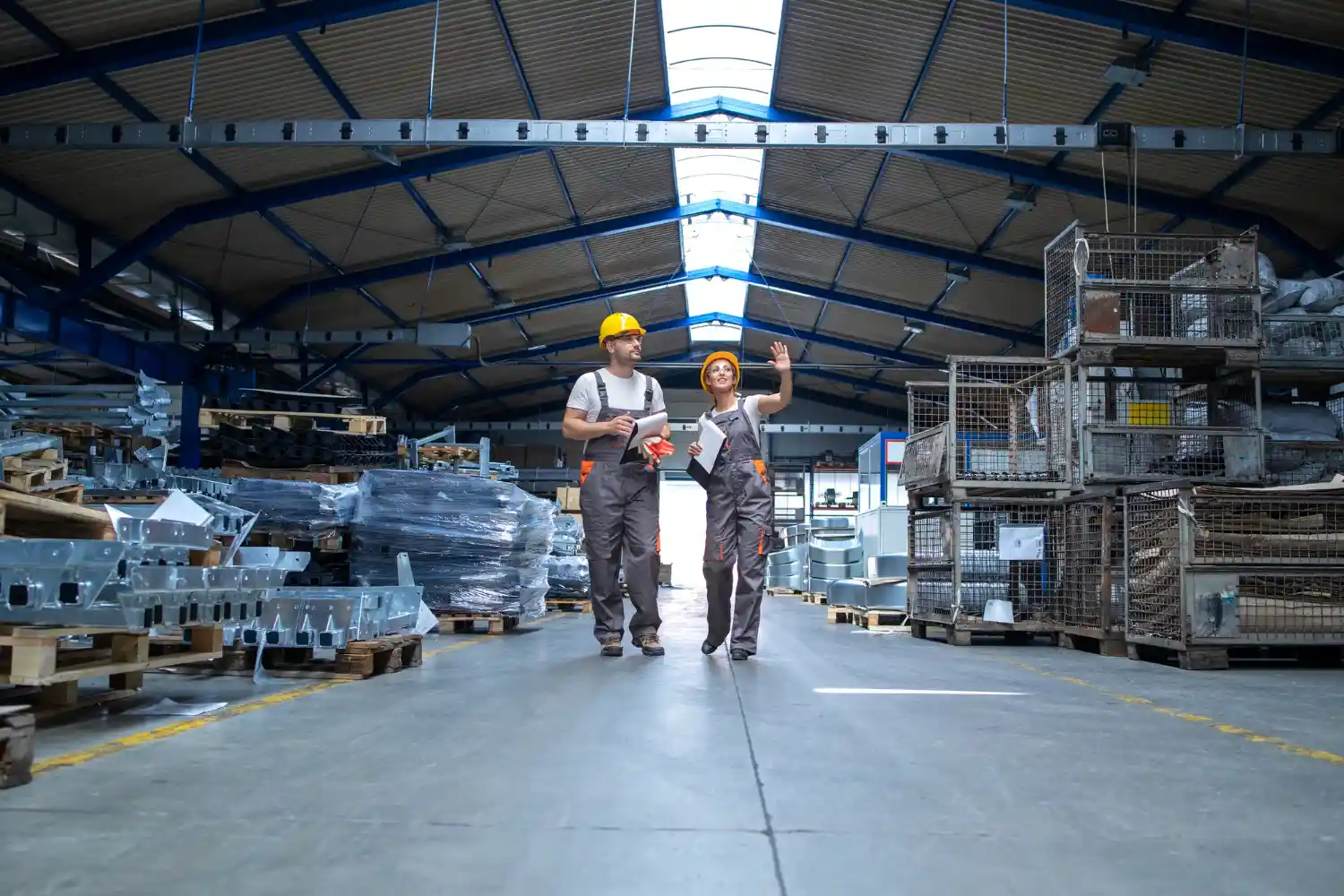
Benefits of Smart Waste Solutions
The transition to smart waste solutions offers numerous benefits for cities, organizations, and the environment. Here are the most impactful:
Improved Hygiene and Sanitation
Overflowing bins are a major source of disease and foul odor in public spaces. Smart bins ensure timely emptying and better waste containment, resulting in cleaner surroundings and improved public health.
Cost Efficiency
Traditional waste collection methods involve fixed routes and timings, often leading to half-filled bins being emptied unnecessarily. Smart bins reduce this inefficiency by allowing dynamic scheduling based on real-time data, saving fuel and manpower.
Enhanced Data Analytics
With smart systems, authorities gain access to a wealth of data, such as waste generation patterns, high-density waste zones, and collection performance metrics. This enables informed decision-making and continuous improvement in services.
Support for Recycling Initiatives
Many smart bin systems come with multi-compartment bins for segregating wet, dry, and hazardous waste at the source. This simplifies recycling processes and promotes compliance with the Swachh Bharat Abhiyan and other environmental mandates.
Citizen Engagement
Smart bins with interactive screens or QR codes can educate citizens about proper waste disposal practices, boosting awareness and civic responsibility.
Industries Benefiting from Smart Waste Solutions
While municipalities are the primary beneficiaries, several other sectors are rapidly adopting smart waste technologies:
- Hospitality: Hotels use smart bins to maintain cleanliness and meet hygiene standards.
- Healthcare: Hospitals require secure and monitored disposal systems for biomedical waste.
- Education: Schools and colleges implement smart waste bins to educate students about sustainability.
- IT Parks and Malls: High-footfall areas use data-driven bins to maintain cleanliness without overstaffing.
- Residential Societies: Gated communities are installing smart bins for efficient domestic waste segregation and pickup.
Challenges Faced by Bin Container Manufacturers in India
Despite the clear benefits, manufacturers face a range of challenges when trying to scale smart waste solutions across the country:
1. High Initial Investment
Smart bins cost significantly more than traditional ones, making it difficult for small municipalities and businesses to adopt them without government subsidies or CSR funding.
2. Infrastructure Gaps
In many parts of India, especially rural or semi-urban regions, there’s limited digital infrastructure to support real-time data transmission or remote monitoring.
3. Resistance to Change
Behavioral change among citizens and waste workers is essential for the success of smart solutions. Manufacturers often need to engage in educational campaigns to drive adoption.
4. Maintenance and Upkeep
Smart bins, like any technology, require regular maintenance. Sensor calibration, battery charging (in solar models), and software updates are ongoing responsibilities.
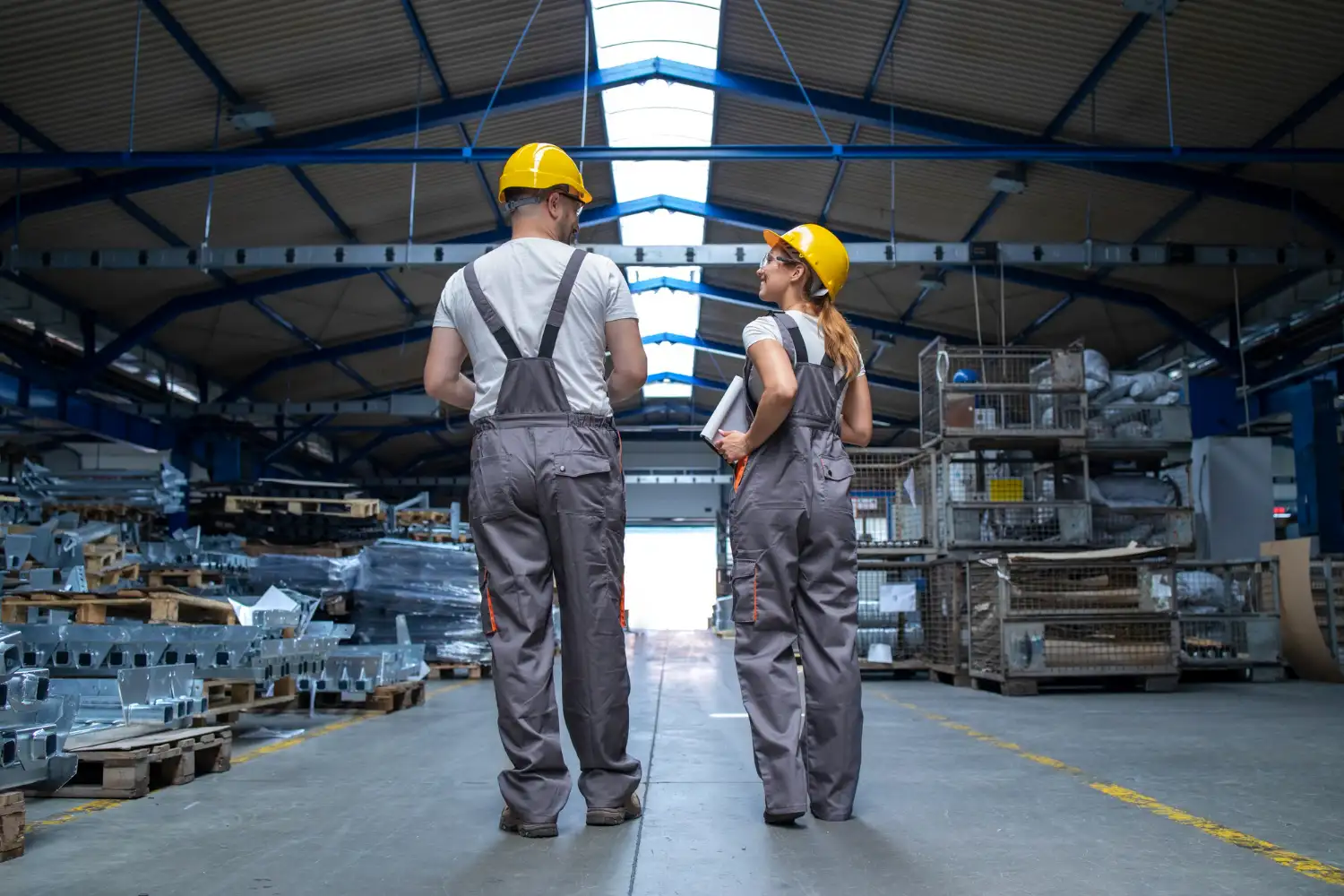
The Future of Intelligent Waste Management in India
As India moves toward becoming a $5 trillion economy, sustainability will be a key pillar of growth. The government’s Smart Cities Mission and increasing investment in urban infrastructure have opened new avenues for technology-driven waste solutions.
The future will likely see:
- AI-powered waste sorting robots
- Decentralized composting units connected to smart bins
- Blockchain integration in trash tracking and reward systems
- Smart bin sharing models in apartment complexes and business parks
- Carbon credit monetization from optimized waste logistics
Bin container manufacturers who invest in R&D, strategic partnerships, and digital innovation will be at the forefront of this transformation.
Conclusion:-
India stands at a pivotal moment where environmental consciousness and technological capability intersect. The country’s waste management problems, while formidable, are not insurmountable. Thanks to the ingenuity of bin container manufacturers in India, smart waste solutions are not just concepts—they are rapidly becoming a reality.
These innovations are enhancing cleanliness, driving efficiency, and fostering accountability across both public and private sectors. As stakeholders continue to embrace these solutions, we can look forward to smarter cities and a greener future.
One standout in this ecosystem is Kole Pallet, a brand known for offering high-quality, durable, and innovative waste management products that cater to both urban and industrial settings. By combining smart features with robust design, Kole Pallet is playing a key role in reshaping how India manages its waste.
The road ahead is long, but with visionaries like Kole Pallet and the growing capabilities of bin container manufacturers in India, a sustainable future is within reach.
Frequently Asked Questions:-
1. What are smart waste solutions?
- Smart waste solutions are advanced systems that use technology like sensors, data analytics, and mobile connectivity to manage waste more efficiently. These systems help monitor when bins are full, streamline collection routes, and improve overall cleanliness and environmental impact.
2. How are bin container manufacturers in India contributing to smart waste management?
- Bin container manufacturers in India are going beyond traditional bin production by creating intelligent waste containers equipped with sensors, solar-powered compactors, and IoT features. They work closely with municipalities and the private sector to support smart city initiatives and improve waste handling processes across the country.
3. What are the benefits of using smart bins over traditional bins?
- Smart bins are more efficient and cleaner than ordinary bins. They help reduce unnecessary pickups, improve hygiene, lower operational costs, and provide valuable data for better decision-making in waste management.
4. Which industries can benefit from smart waste bins in India?
- Several industries, such as hospitality, healthcare, education, retail, and residential housing, can benefit from smart bins. These sectors deal with large volumes of waste and can use smart technology to improve sanitation, compliance, and cost-effectiveness.
5. What is Kole Pallet’s role in India’s smart waste management landscape?
- Kole Pallet plays a key role by offering high-quality, innovative waste management products that are designed for modern needs. Their smart bins and related solutions are helping urban and industrial spaces adopt cleaner, more efficient waste practices across India.

